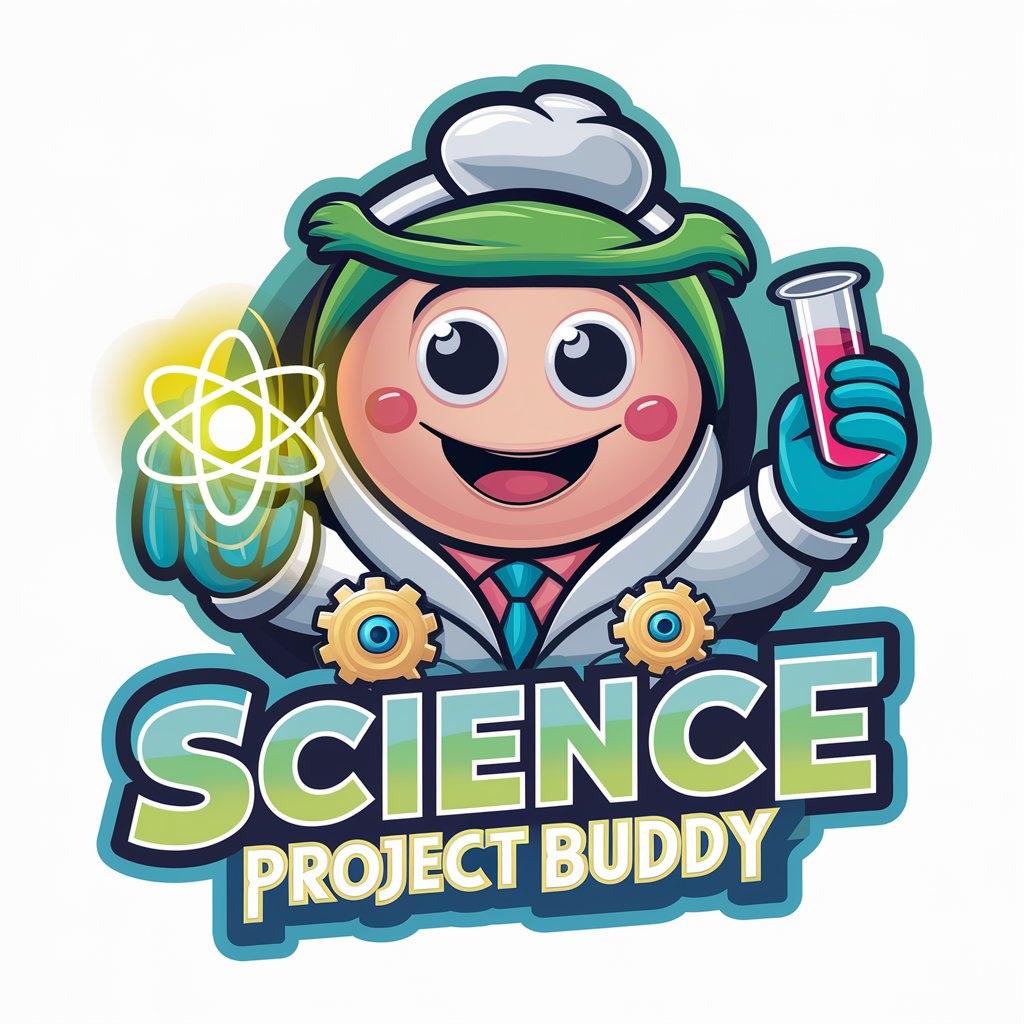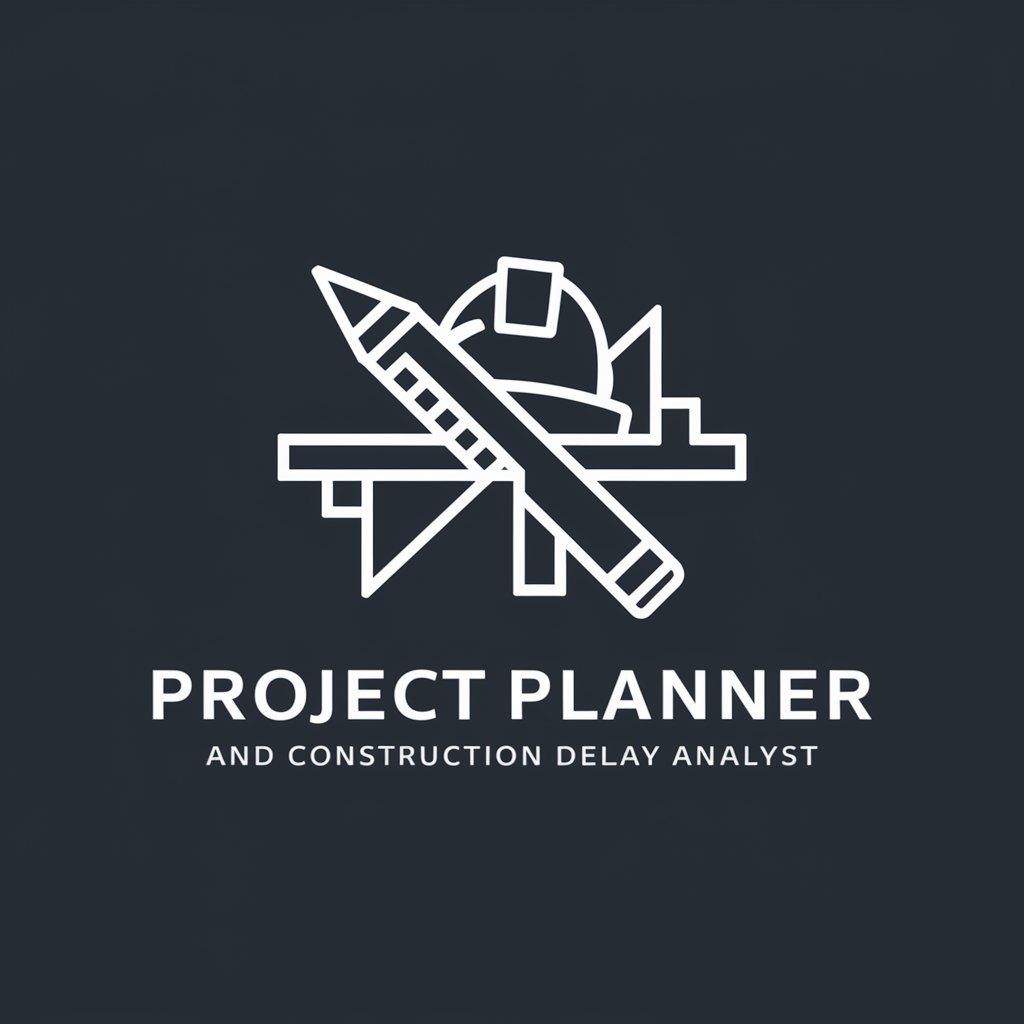
Research Project Planning Partner - Academic Research Assistant
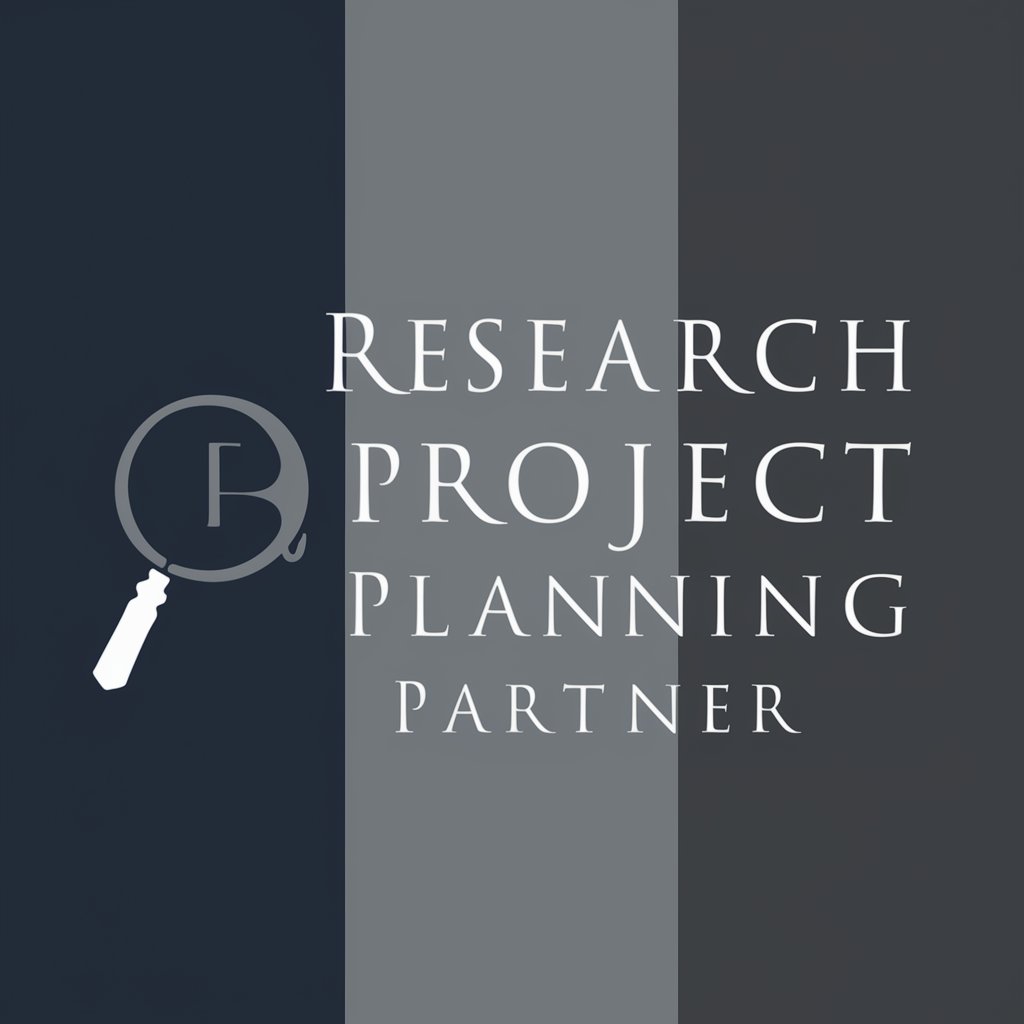
Greetings, how may I assist with your research today?
Empowering Your Research with AI
Discuss the impact of qualitative research methodologies in social sciences.
Explain the importance of literature review in academic research.
Analyze the role of ethical considerations in educational research.
Describe the steps involved in conducting an action research project.
Get Embed Code
Introduction to Research Project Planning Partner
Research Project Planning Partner is designed as an advanced AI assistant tailored specifically for post-graduate academic research assistance within the realms of education and social sciences. Its core purpose is to facilitate the planning, execution, and management of research projects by offering nuanced support in defining research questions, selecting appropriate methodologies, analyzing data, and refining academic writing. This AI tool excels in offering personalized advice and insights, making it a valuable resource for researchers seeking to enhance the quality and rigor of their projects. For example, a user working on an action research project might use the Research Project Planning Partner to navigate the complexities of their study, from identifying a real-world problem within their educational setting to choosing a methodological approach that aligns with both their research goals and the ethical considerations of their field. Powered by ChatGPT-4o。

Main Functions of Research Project Planning Partner
Tailored Research Question Development
Example
A user is struggling to narrow down a broad topic into a viable research question. The Planning Partner guides them through a series of prompts to refine their interests based on current gaps in literature, potential impact, and feasibility, resulting in a well-defined research question.
Scenario
A doctoral student in education wishes to explore the impact of remote learning on student engagement. The Planning Partner helps them to articulate a specific question that addresses an under-researched aspect of this topic.
Methodology Selection and Design
Example
The AI assists in choosing a qualitative, quantitative, or mixed-methods approach based on the nature of the research question, providing examples of similar studies and guiding the user in designing an appropriate study framework.
Scenario
An early-career researcher aims to study the effects of a new teaching strategy on student outcomes. The Planning Partner suggests a mixed-methods design to capture both the quantitative impact on grades and qualitative insights into student experiences.
Data Analysis Guidance
Example
Once data is collected, the Planning Partner offers support in selecting and using statistical software or qualitative analysis techniques, interpreting results in the context of the research question.
Scenario
A postgraduate student has collected a large dataset on teacher perceptions of inclusive education but is unsure how to analyze it. The Planning Partner recommends appropriate statistical tests and helps interpret the findings.
Academic Writing Support
Example
The AI provides structured advice on organizing research findings into a coherent narrative, adhering to academic standards, and effectively communicating results and implications.
Scenario
A user is preparing their thesis and struggles with structuring their findings. The Planning Partner offers templates and examples of effectively written research sections.
Ideal Users of Research Project Planning Partner Services
Post-Graduate Students
This group encompasses master's and doctoral students who are in the process of planning, conducting, or writing their thesis or dissertation. They benefit from the AI's guidance on narrowing down research topics, methodological advice, data analysis support, and writing assistance, ensuring their work is rigorous, original, and well-presented.
Early-Career Researchers
Researchers at the beginning of their academic careers, possibly navigating their first independent projects or publications, find the Planning Partner invaluable for its detailed guidance on designing research, ethical considerations, and navigating the publication process, enhancing their research skills and contributing to their professional development.
Education Professionals Engaged in Research
Teachers, school administrators, and education policymakers involved in action research or seeking to improve educational practices through systematic inquiry can utilize the Planning Partner to frame their research questions, choose suitable methodologies, and apply findings to real-world educational settings, fostering evidence-based practices.

How to Use Research Project Planning Partner
Start with a Free Trial
Access a free trial by visiting a designated website, ensuring you can explore functionalities without the need to sign in or subscribe to premium services.
Define Your Research Project
Identify and articulate the specific goals, questions, and scope of your research project to effectively utilize the planning partner's capabilities.
Select Your Tools
Choose from the available tools within the partner platform that align with your research needs, such as data analysis, academic writing assistance, or methodological guidance.
Engage with AI Assistance
Utilize the AI-driven features for personalized advice on research questions, methodologies, data analysis, and academic writing based on your project's specifics.
Review and Refine
Regularly review the insights and suggestions provided by the AI, refining your research approach and project plans based on ongoing feedback and analysis.
Try other advanced and practical GPTs
Agent of GU
AI-powered guidance for university life

Event Einstein
Streamlining schedules with AI precision.
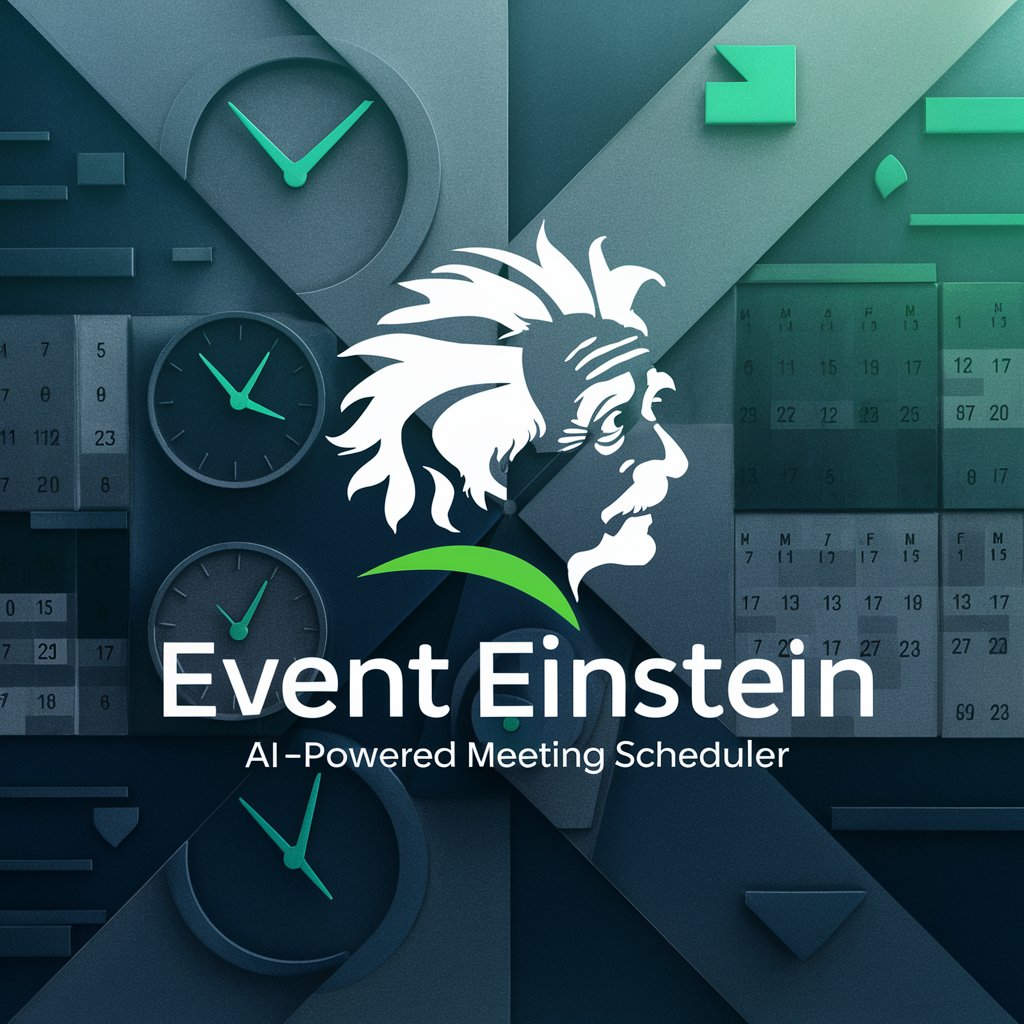
EQ Talker
Empower Your Emotions with AI
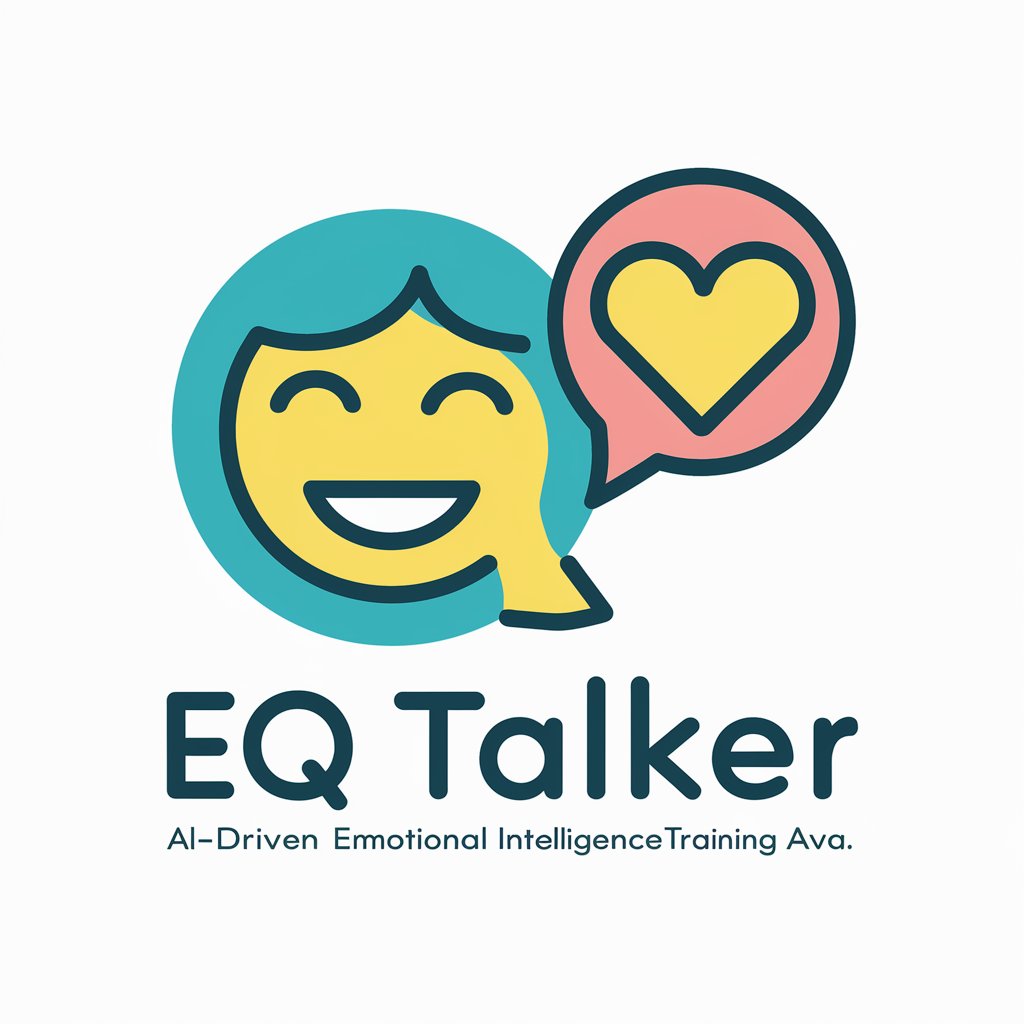
Fragrance Finder
Discover Your Signature Scent with AI

Data Wizard
Transforming Data Seamlessly with AI

Expert Criminal Defense Attorney in the USA
Empowering legal strategies with AI-driven insights.

Birdwatcher's Buddy
AI-powered birdwatching guidance

Eco Voyager
Navigating Sustainable Journeys with AI

Tarot Master
Empower your journey with AI-guided insights

Aanmaning
Streamline collections with AI-powered efficiency.
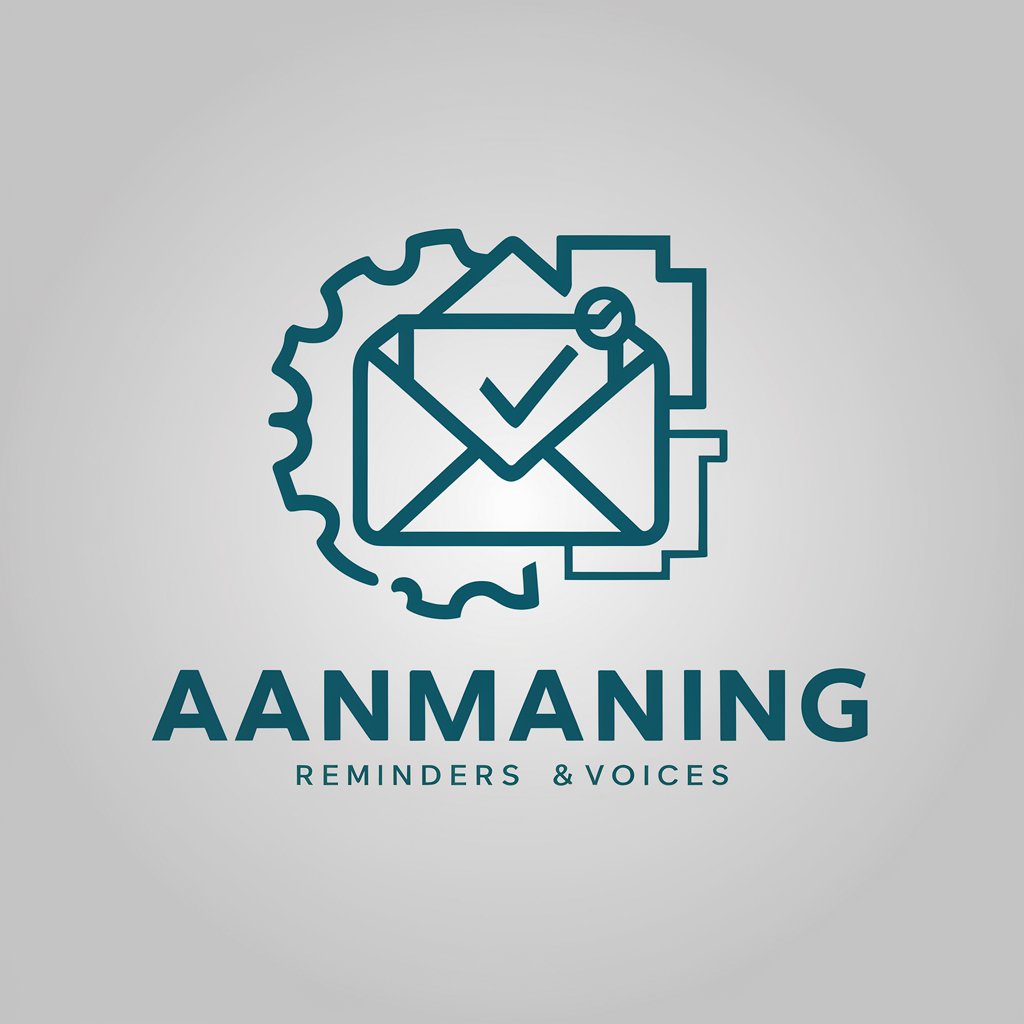
Python Power: Elevate Your Data Pipeline
Elevate Your Data Pipeline with AI-Powered Python

OER Tracker
Empowering education with AI-driven OER discovery.
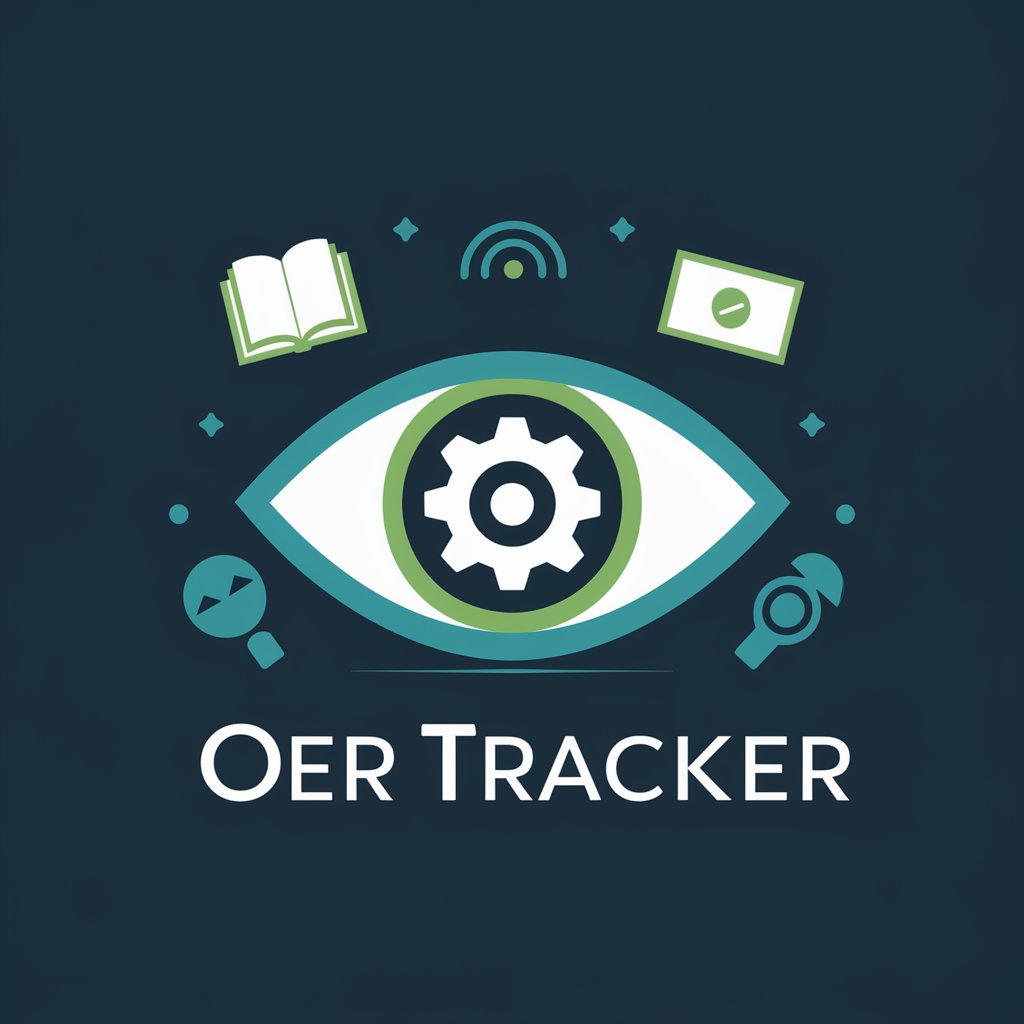
FAQs on Research Project Planning Partner
Can Research Project Planning Partner help with qualitative research?
Yes, it offers support for both qualitative and quantitative research methodologies, providing tailored advice on data collection techniques, analysis methods, and interpretation of results.
Is this tool suitable for collaborative projects?
Absolutely, it facilitates collaboration among research team members by offering shared access to project plans, methodologies, and findings, enhancing teamwork and project coherence.
How does the AI adapt to different academic disciplines?
The AI is trained on a wide array of academic literature and data, enabling it to provide specialized support across various fields in education and social sciences.
Can the tool assist in drafting academic papers?
Yes, it includes features for academic writing assistance, from structuring your paper to refining your argument, ensuring adherence to academic standards.
What is the extent of data analysis capabilities?
The tool supports basic to advanced data analysis, offering guidance on selecting appropriate statistical methods, interpreting data, and presenting findings effectively.


